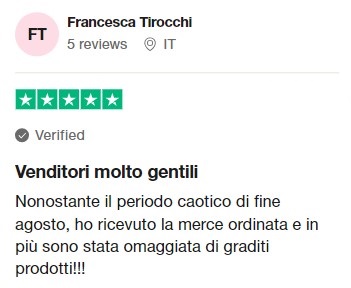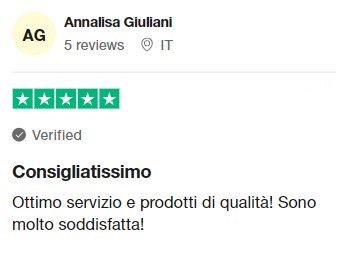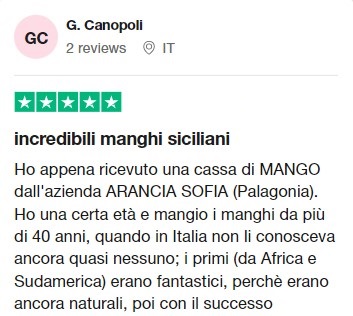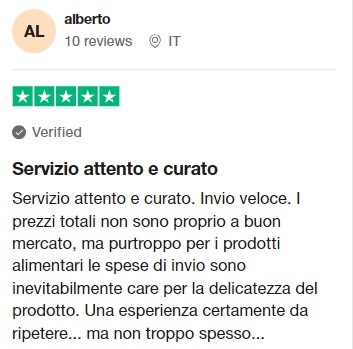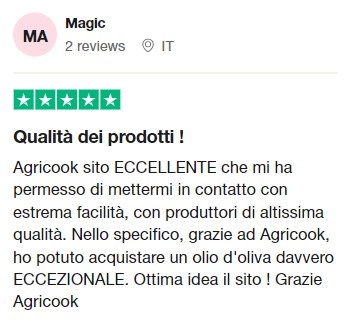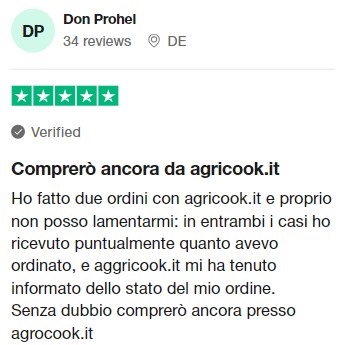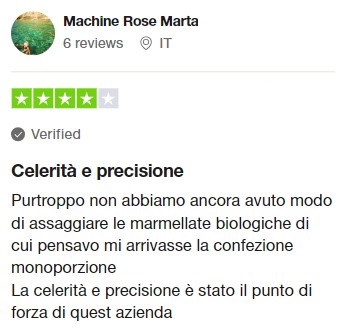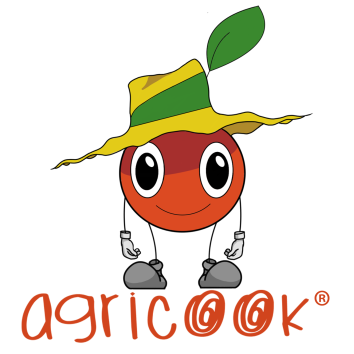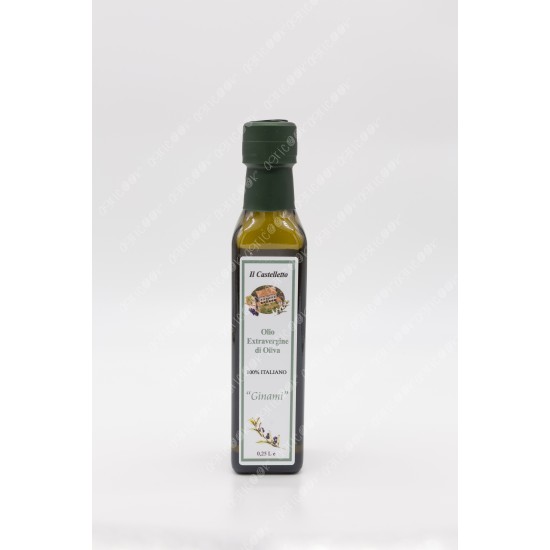
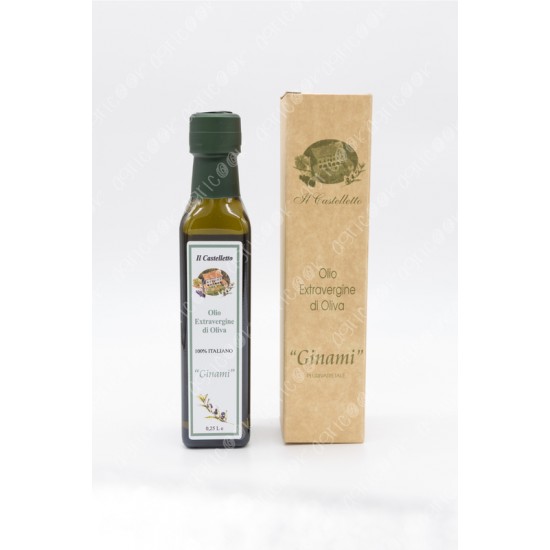


Olio extra vergine di oliva "ginami" 250 ml

IL CASTELLETTO
Buy directly from the manufacturer. No intermediary.
Limited and seasonal product.
Olio extra vergine di oliva "ginami" 250 ml
- Stock: In Stock
- Code: 00058_CAST001
- Weight: 0.20kg
Prezzo:
8.32 euro
Ex Tax:
8.00 euro
Hurry, limited availability

With Agricook, choose sustainability and quality! Direct shipments from producers and our commitment with Treedom to reduce the environmental impact and promote a green future.


